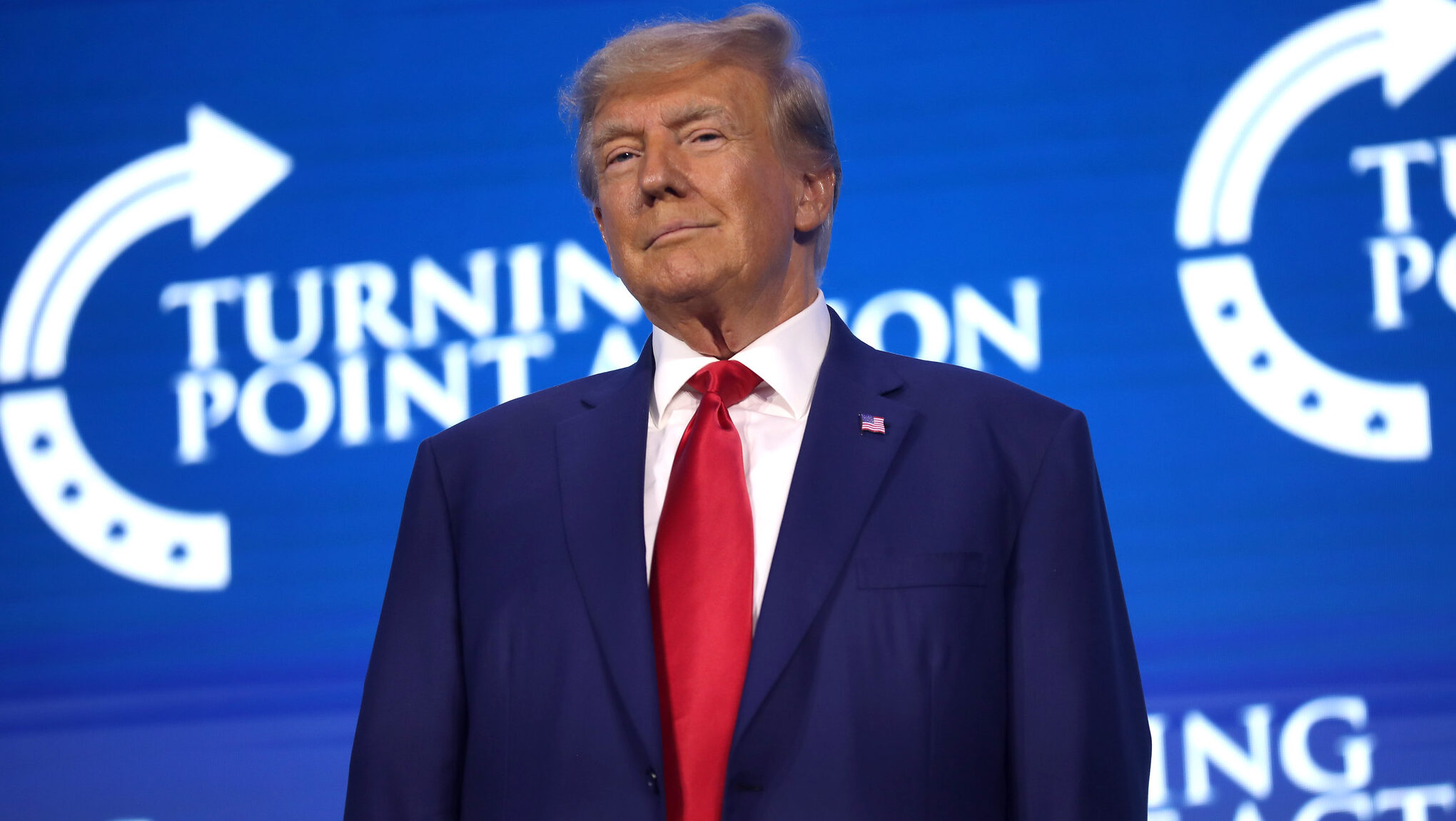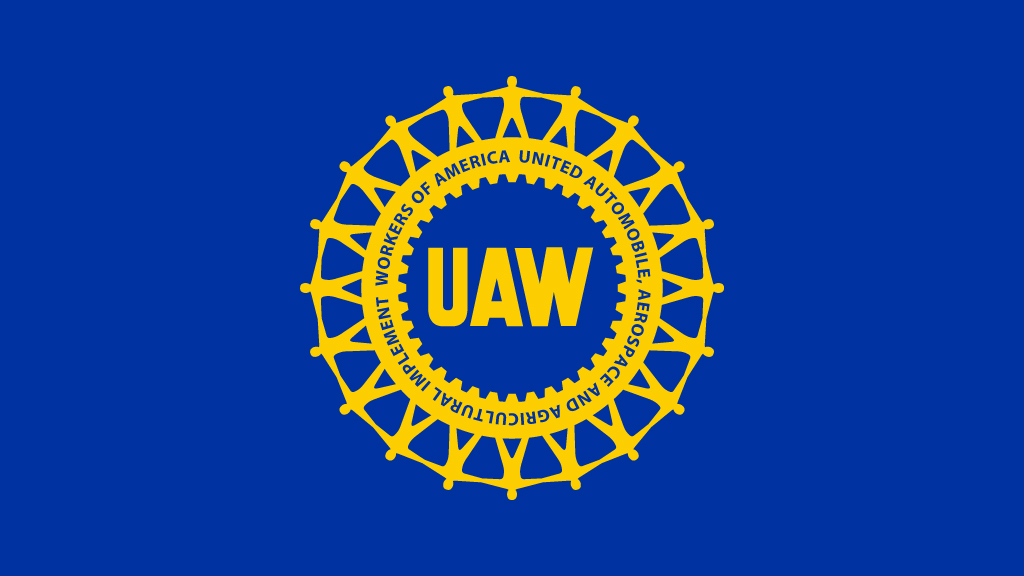schmidlap
Platinum Member
- Oct 30, 2020
- 13,958
- 8,939
- 1,138
Bigly.A fool and his money are soon parted.
Since December 17th, Tesla has lost a jaw-dropping
$795 billion in market value.

$795 billion in market value.
Follow along with the video below to see how to install our site as a web app on your home screen.
Note: This feature may not be available in some browsers.
Bigly.A fool and his money are soon parted.
Powell can't offer a rosy scenario because there is none. Generally, adjusting tariff rates have little effect on the economy because they are narrowly focused. Instead of using a scalpel, Trump is using a sledge hammer which effects all trading partners and 90% of our trade. Worst yet, he has no idea of how he will accomplish his goals. The result has been shrinking costumer demand and investments. Since Trump literally doesn't know what he's doing, jumping from deficit reduction schemes to generalized tariffs, to country specific tariffs, to reciprocal tariffs, businesses can not adjust to the new environment since it's undefined.The cult is upset that the Federal Reserve Chairman is guardedly expressing the position of the vast majority of economists.
Powell offered no rosy scenarios Wednesday, instead projecting a “strong likelihood” that consumers would face higher prices and that the economy would see higher unemployment as a result of tariffs applied in the short run. Tariffs are “likely to move us further away from our goals … probably for the balance of this year,” he said.
Nothing wrong with tariffs per se. However there is a lot wrong with applying tariffs globally in haste and confusion which is exactly what Trump is doing. He is changing from global tariffs to deficit reduction schemes, to reciprocal tariff which will only lead to economic disaster.Tariffs work for every country on the freaking globe. Why do we need to justify an even playing ground for the United States?
An excellent assessment of the unfolding disaster.Powell can't offer a rosy scenario because there is none. Generally, adjusting tariff rates have little effect on the economy because they are narrowly focused. Instead of using a scalpel, Trump is using a sledge hammer which effects all trading partners and 90% of our trade. Worst yet, he has no idea of how he will accomplish his goals. The result has been shrinking costumer demand and investments. Since Trump literally doesn't know what he's doing, jumping from deficit reduction schemes to generalized tariffs, to country specific tariffs, to reciprocal tariffs, businesses can not adjust to the new environment since it's undefined.
The most likely outcome is stagflation a combination of slow economic growth and high inflation typified by eradicate price jumps, high employment and negative growth. Nothing is more uncomfortable and harder to control than a stagflation environment because any attempt at economic stimulus to increase employment increases inflation.
This is the can of worms that Trump is opening.
/—-/ The tariffs kicking in.Tariffs protect industries and businesses, especially vital industries, from unfair foreign competition. Tariffs prevent huge sums of income from leaving the U.S. America became the industrial giant of the world behind the protective walls of sky-high tariffs for decades.
No, tariffs did not cause or contribute to the Great Depression--that's an old Democrat myth that was floated by FDR and his crowd to attack Republican trade policy, and it's a myth that some Libertarians misguidedly, mistakenly repeat.
Numerous nations around the world have developed their economies by using high tariffs. Think about this: If tariffs are so bad for consumers and the economy, why do so many other nations impose tariffs, including Canada, Mexico, China, Brazil, Argentina, the European Union, Japan, India, South Korea, and Taiwan?
Some reading for further research:

Why Tariffs Are Good
The claim that tariffs are inherently misguided and inevitably harmful does not stand up to scrutiny, especially when it comes to U.S. trade with Chinawww.tabletmag.com

Trump's Tariffs Are About Securing America's Future
Americans should not be gaslit into having to choose between sovereignty and safety or low prices.thefederalist.com

In a Victory for Autoworkers, Auto Tariffs Mark the Beginning of the End of NAFTA and the “Free Trade” Disaster - UAW | United Automobile, Aerospace and Agricultural Implement Workers of America
Days after Volkswagen, the #2 automaker in the world, announced making $20.6 billion in profit in 2024, a new UAW survey of VW workers in Chattanooga reveals the devastating financial toll of VW’s substandard U.S. health care offerings.uaw.org

Tariffs Are The Only Way To Restore Long-Term Economic Health
To make America make things again, tariffs are the only option.thefederalist.com
/—-/ The tariffs kicking in.
We erect Trade barriers that favor us just as all countries do. Here’s the thing about the level playing field: It’s a myth. And it’s not the point of the game. Do you think our larger competitors are trying to keep the playing field level? They’re certainly are not. And neither should we. Tariff negotiators are in a battle to tilt the playing to their favor. No one, but no wants an even playing field.Tariffs work for every country on the freaking globe. Why do we need to justify an even playing ground for the United States?
/——-/ Slow brain wants China to keep raping the US.The first U.S. tariff was signed into law in 1789, imposing a 5% duty on all imported goods. The law served a dual purpose: raising emergency funds for the newly formed federal government and protecting America’s fledgling manufacturing industry. At the time, this was a sensible use of tariffs—American manufacturers couldn’t yet compete with their European counterparts, and the government urgently needed revenue.
Today, however, the U.S. often uses tariffs not to protect small manufacturers, but to shield the largest ones. Tariffs are also wielded as a tool of punishment against other nations—for reasons ranging from failing to stop drug trafficking or the use of child labor, to providing safe havens for terrorists. But perhaps the most devastating and unforgivable offense, it seems, is producing higher-quality, lower-cost goods than those made in the U.S.
Tariffs if done properly can protect manufacturing but only 9.5% of our people work in manufacturing. The other 90% of the people and businesses they work for have to sacrfice so the 10% might prosper and there is no certainly no of that.Tariffs protect industries and businesses, especially vital industries, from unfair foreign competition. Tariffs prevent huge sums of income from leaving the U.S. America became the industrial giant of the world behind the protective walls of sky-high tariffs for decades.
No, tariffs did not cause or contribute to the Great Depression--that's an old Democrat myth that was floated by FDR and his crowd to attack Republican trade policy, and it's a myth that some Libertarians misguidedly, mistakenly repeat.
Numerous nations around the world have developed their economies by using high tariffs. Think about this: If tariffs are so bad for consumers and the economy, why do so many other nations impose tariffs, including Canada, Mexico, China, Brazil, Argentina, the European Union, Japan, India, South Korea, and Taiwan?
Some reading for further research:

Why Tariffs Are Good
The claim that tariffs are inherently misguided and inevitably harmful does not stand up to scrutiny, especially when it comes to U.S. trade with Chinawww.tabletmag.com

Trump's Tariffs Are About Securing America's Future
Americans should not be gaslit into having to choose between sovereignty and safety or low prices.thefederalist.com

In a Victory for Autoworkers, Auto Tariffs Mark the Beginning of the End of NAFTA and the “Free Trade” Disaster - UAW | United Automobile, Aerospace and Agricultural Implement Workers of America
Days after Volkswagen, the #2 automaker in the world, announced making $20.6 billion in profit in 2024, a new UAW survey of VW workers in Chattanooga reveals the devastating financial toll of VW’s substandard U.S. health care offerings.uaw.org

Tariffs Are The Only Way To Restore Long-Term Economic Health
To make America make things again, tariffs are the only option.thefederalist.com
Sensible tariffs placed on specific products to protect small businesses threatened by giants makes sense. But tariffs placed on tens of thousands of product from all of our major trading partners will extract a heavy toll not just on American business but the people who are being ignore in Trump's trade war.Tariffs protect industries and businesses, especially vital industries, from unfair foreign competition. Tariffs prevent huge sums of income from leaving the U.S. America became the industrial giant of the world behind the protective walls of sky-high tariffs for decades.
No, tariffs did not cause or contribute to the Great Depression--that's an old Democrat myth that was floated by FDR and his crowd to attack Republican trade policy, and it's a myth that some Libertarians misguidedly, mistakenly repeat.
Numerous nations around the world have developed their economies by using high tariffs. Think about this: If tariffs are so bad for consumers and the economy, why do so many other nations impose tariffs, including Canada, Mexico, China, Brazil, Argentina, the European Union, Japan, India, South Korea, and Taiwan?
Some reading for further research:

Why Tariffs Are Good
The claim that tariffs are inherently misguided and inevitably harmful does not stand up to scrutiny, especially when it comes to U.S. trade with Chinawww.tabletmag.com

Trump's Tariffs Are About Securing America's Future
Americans should not be gaslit into having to choose between sovereignty and safety or low prices.thefederalist.com

In a Victory for Autoworkers, Auto Tariffs Mark the Beginning of the End of NAFTA and the “Free Trade” Disaster - UAW | United Automobile, Aerospace and Agricultural Implement Workers of America
Days after Volkswagen, the #2 automaker in the world, announced making $20.6 billion in profit in 2024, a new UAW survey of VW workers in Chattanooga reveals the devastating financial toll of VW’s substandard U.S. health care offerings.uaw.org

Tariffs Are The Only Way To Restore Long-Term Economic Health
To make America make things again, tariffs are the only option.thefederalist.com
/——/ Pay your C***k tariffs and STFU.Tariffs if done properly can protect manufacturing but only 9.5% of our people work in manufacturing. The other 90% of the people and businesses they work for have to sacrfice so the 10% might prosper and there is no certainly no of that.
If the past is any guide, Trump’s trade war won’t translate into noble sacrifice or national revival for most Americans. Instead, it’s likely to show up in quieter, more personal ways, like a family staring at empty meat shelves and walking away from the store with nothing but a can of pork and beans that costs three times what it did just months ago.
Now imagine that experience multiplied across neighborhoods, cities, and entire regions, paired with mounting job losses and dwindling paychecks. That’s the real legacy of a trade war waged without a plan.
And when the unemployment lines begin to grow, it’s hard to picture them filled with red hats and slogans. More likely, they’ll be filled with quiet frustration, and a growing realization that slogans don’t pay bills—and they certainly don’t put dinner on the table.
Sensible tariffs placed on specific products to protect small businesses threatened by giants makes sense. But tariffs placed on tens of thousands of product from all of our major trading partners will extract a heavy toll not just on American business but the people who are being ignore in Trump's trade war.
yes John, until the worker ants assume better jobs and wages ......~S~It will hinder the working class with higher prices and fewer goods.
Trump's tariff war is not about protecting American industry. It is about cutting our trade deficit. Although I think Trump is going about it the wrong way, it something that certainly needs to be done. War is a failure of diplomacy and a trade war is the failure of economic foreign policy.
They won't for some time, maybe a long time. Why do you want the economy to founder and hurts the works for an Orange Poseur who wants to be dictator?yes John, until the worker ants assume better jobs and wages ......~S~
O'rly? Do you know something economists don't know?No, tariffs did not cause or contribute to the Great Depression
/----/ For the 10,765th time this month—DON'T BUY CHINESE CRAP. No tariffs on American made goods.Trump's tariffs may help some American businesses. Maybe.
It will hinder the working class with higher prices and fewer goods.
/----/ For the 10,765th time this month—DON'T BUY CHINESE CRAP. No tariffs on American made goods.
/---/ There are several that are engineered in teh US but assemblyed overseas.Yes, how dare I buy products that are cheaper and better made!
The problem is, if Americans made Smart Phones, the cost of a Smart Phone would be $3500.00.